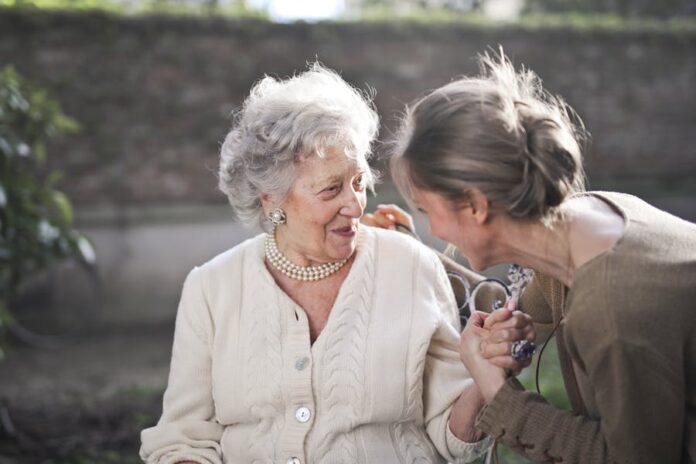As the global population ages, there is a growing focus on the tools and services tailored to meet the evolving demands of senior citizens. The widespread use of technology has migrated into this demographic, leading to an array of products designed to enhance the health, safety, and convenience of older adults. Businesses and developers continually innovate, ensuring seniors enjoy independence while remaining connected with their community. Below, we explore several areas where these advancements have proven especially beneficial. Keep reading to discover how these tools can improve the quality of life for the elderly.
Transportation Services Tailored for Older Adults
Transportation becomes a pivotal service for seniors who may no longer be able to drive. Ridesharing apps have begun offering features that simplify the booking process for older adults. An exemplary instance of such a service is highlighted in this ‘GoGoGrandparent review,’ illustrating how seniors without smartphones can still access on-demand transportation like Uber. The review underscores the convenience and ease of use provided by GoGoGrandparent, enabling elderly individuals to maintain their independence by effortlessly arranging rides whenever needed.
Public transportation systems are also adapting, with many cities offering senior-specific services. These can range from discounted fares to vehicles equipped for individuals with mobility issues. By providing these tailored options, seniors can maintain independence and continue to engage with their communities.
Beyond conventional transportation options, there are volunteer-based programs where community members provide rides to seniors. These serve a practical purpose, foster a sense of community, and offer a personal touch that older adults often appreciate.
Lastly, mobility aids such as scooters and electric wheelchairs have become more advanced and user-friendly. They allow seniors to navigate indoor and outdoor spaces with greater ease, allowing them to move around without relying on others.
Essential Health Management Tools for Seniors
Maintaining good health is paramount for seniors, who often manage chronic conditions such as arthritis. Tools like knee braces for arthritis are supportive and can provide much-needed pain relief and help preserve mobility. Wearable devices that monitor heart rate, blood pressure, and other vital signs are also increasingly popular among older adults.
In addition to physical health devices, there are platforms designed to streamline medication management, a critical aspect for many seniors. These can be as simple as pill organizers with reminders, to sophisticated dispensers linked to smartphone apps. Such innovations can reduce the risk of medication errors and ensure timely dosage.
Mental health is another area where technology can play a beneficial role. Brain-training apps and games can promote cognitive health and slow down the progression of memory-related conditions. Moreover, telemedicine portals enable seniors to consult with healthcare providers from the comfort of their own homes.
Fitness also remains an important part of a senior’s health regime. Online classes and specialized apps that provide age-appropriate exercises help seniors maintain their physical health while encouraging active lifestyles. These tools can be personalized to suit individual fitness levels and preferences, from yoga to resistance training.
Home Assistance and Safety Services for the Elderly
Seniors often wish to remain in their homes as they age, and a growing industry of home assistance services has emerged to support this desire. These services offer help with daily tasks such as cleaning, grocery shopping, meal preparation, and personal care assistance.
Home safety is another area of focus, with companies installing safety rails, ramps, and emergency alert systems to prevent falls and injuries. Smart home technology can also play a role, providing automated lighting, voice-activated devices, and security systems that can be controlled remotely.
In addition to physical assistance, some services cater to seniors’ mental and emotional well-being. This includes companion care, where individuals visit seniors to spend time with them, engage in conversation, and help alleviate feelings of loneliness and isolation.
Elderly care technology extends to wearables that detect falls and automatically alert emergency services. Monitoring services can inform family members about their loved one’s activities and safety, allaying fears and fostering better communication.
Altogether, these advancements in tools and services for senior citizens are key to supporting their desire to live independently and with dignity. They offer practical solutions and ensure that our elders remain integrated and an active part of society. By staying abreast of these innovations and implementing them thoughtfully, we can significantly enhance the lives of elderly individuals across the globe.






















